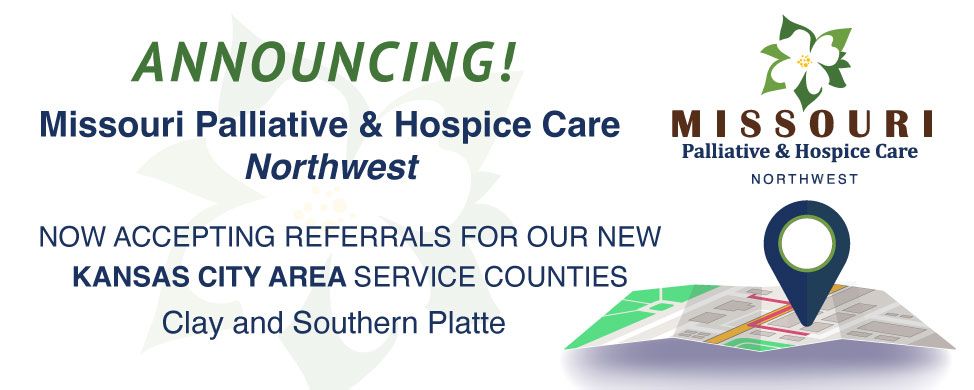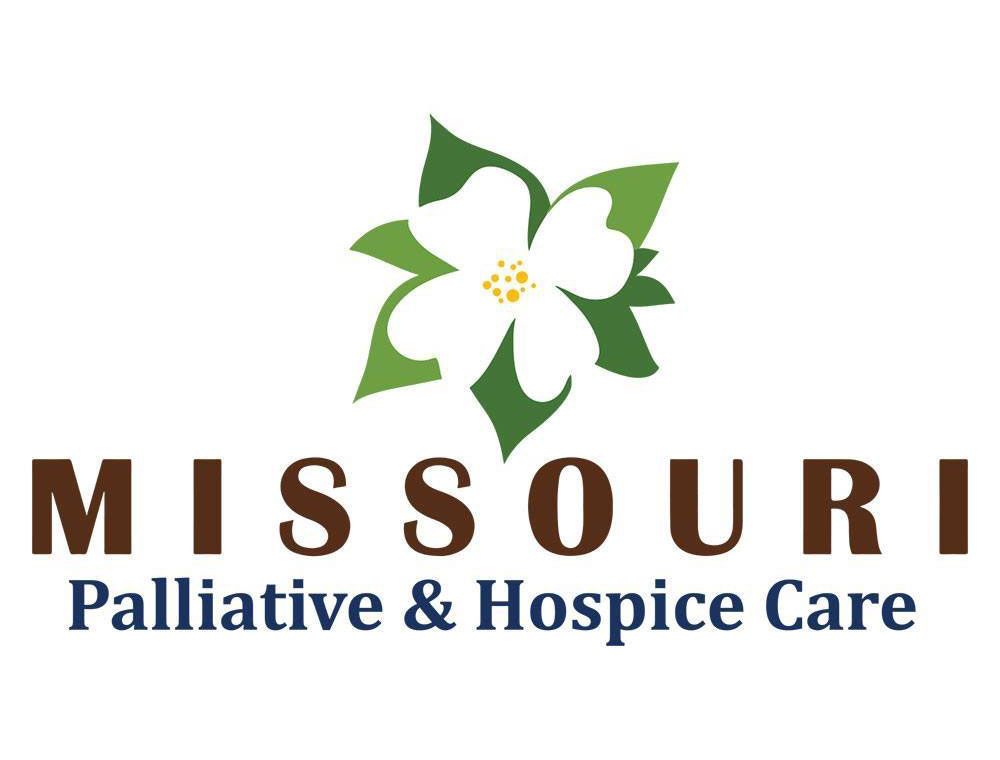April is National Minority Health Month. The month aims to raise awareness about health disparities that impact minority populations while eventually improving health outcomes and reducing health inequities among minority communities, including racial and ethnic minorities, LGBTQ+ communities, and people with disabilities.
The History of National Minority Health Month
National Minority Health Month has roots dating back to 1915 when it was first established as National Negro Health Week by Booker T. Washington. In 2002, the U.S. Congress supported National Minority Health Month by passing a resolution for establishing a National Minority Health and Health Disparities Month. The resolution emphasized the need for educational efforts to address the health issues facing minority and other health disparity populations. The resolution also urged all health organizations and Americans to engage in programs and activities that promote healthy living in these communities.
Getting Involved
National Minority Health Month is a significant opportunity to raise awareness about the health disparities among minority populations in the United States and to take action to improve health outcomes for these communities. Here are some ways you can celebrate National Minority Health Month:
- Learn about the health issues that affect minority populations: Start by educating yourself about the health disparities among different minority groups in the United States.
- Spread awareness: Share information about National Minority Health Month and the health issues affecting minority populations with your friends, family, and social media followers. Use hashtags like #NMHM2023 or #MinorityHealthMonth to join the conversation online.
- Participate in events: Attend events or activities hosted by local organizations or healthcare providers focusing on minority health issues. These could include health fairs, community walks, or educational seminars.
- Take action: Consider volunteering or donating to organizations addressing health disparities among minority populations. You could also advocate for policies or programs that aim to improve health outcomes for these communities.
Hospice Can Help
Hospice care can be a valuable resource for minority communities facing life-limiting illnesses. Hospice teams are trained to provide culturally sensitive care that takes into account the unique needs and values of each patient and family. This can include addressing language barriers, providing spiritual and emotional support, and connecting patients and families to community resources. Contact us today to learn more.


